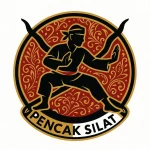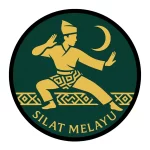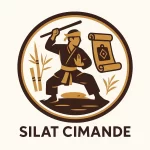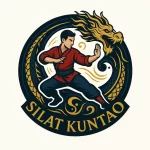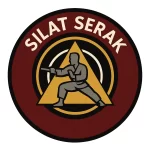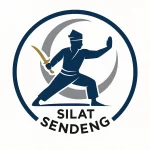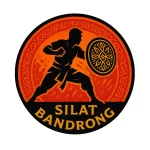Silat
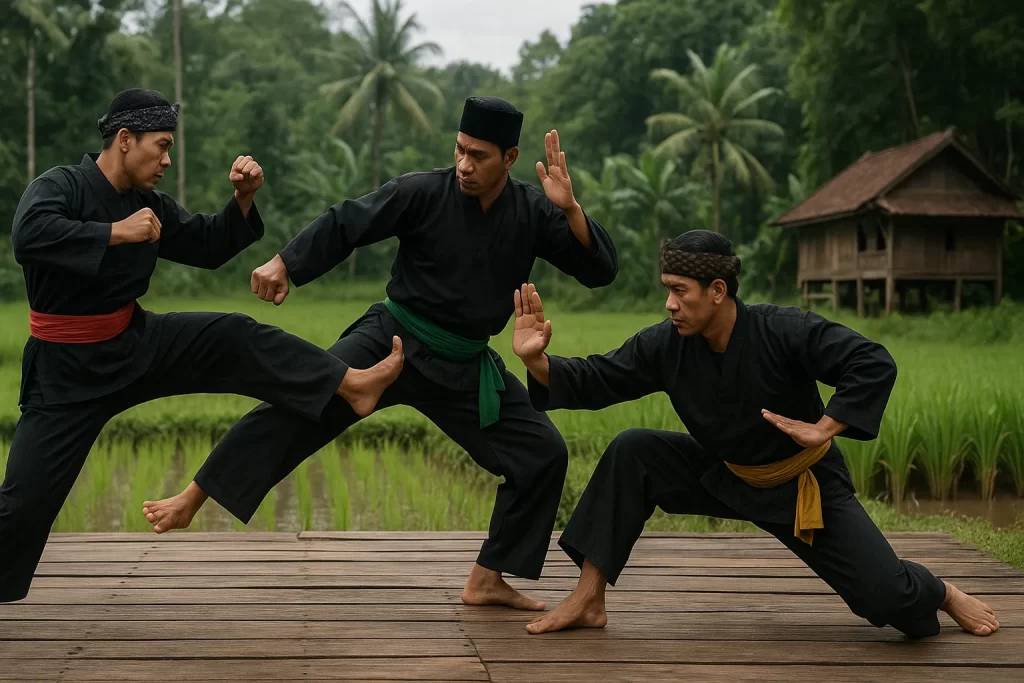
Silat is a collective term for Southeast Asian martial arts with roots in Indonesia, Malaysia, and beyond. It features striking, joint manipulation, and distinctive low stances and movements.
Recent posts
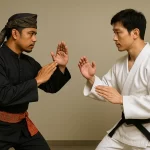
Silat vs. Judo: Strategic and Cultural Differences
When a Silat practitioner and a Judo expert face each other, it’s not just a clash of styles—it’s a meeting of philosophies, survival strategies, and cultural legacies. This in-depth comparison reveals how each art prepares its students for real-world conflict, whether through Silat’s fluid and improvised self-defense or Judo’s precise and composed control. From crowded subway cars to school hallways and midnight street corners, discover which approach truly fits your life—and why the answer might not be what you expect.
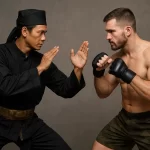
Silat Compared to MMA and Traditional Arts
Curious about which martial art suits your needs—Silat or MMA? This in-depth comparison dives beyond surface-level contrasts to reveal how these two powerful systems perform in both controlled fights and chaotic real-world situations. Explore striking, takedowns, philosophy, and adaptability through real examples, and discover which style might better align with your goals, lifestyle, and age. Whether you’re after cultural depth or high-performance conditioning, this guide will help you make an informed choice.
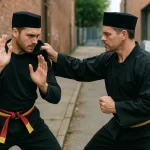
The Future of Silat in the Modern World
Silat isn’t just tradition wrapped in ritual — it’s a living, evolving martial art made for real-world survival. In this two-part article, we explore how Silat meets the demands of modern life: from urban self-defense and improvised weapons to digital training and international growth. You’ll uncover the truths behind the myths, hear from practitioners and masters, and see how Silat balances cultural roots with global relevance. Whether you’re a curious beginner or a martial arts enthusiast, discover why Silat is not just surviving — it’s thriving in today’s complex world.
Karate Essentials
Overview
Silat is a diverse martial art from Southeast Asia known for its low stances, fluid strikes, and weapon integration. It varies across Indonesia, Malaysia, and beyond.
History of Silat
Silat originated in ancient warrior cultures of the Malay Archipelago. It developed through tribal, royal, and spiritual traditions and was preserved in both combat and ceremonial forms.
Philosophy & Principles
Silat combines self-discipline, adaptability, and spiritual balance. It often incorporates breathing control, ritualized motion, and local customs into training.
Key Figures
Important figures include Pendekar Harimau, Pak Serak, and contemporary masters preserving and spreading styles like Cimande and Bukti Negara.
Global Presence
Silat is growing internationally, especially in Europe and North America, supported by cultural missions, festivals, and traditional schools abroad.
Relation to Other Arts
Silat shares tactics and philosophy with Filipino and Indian martial arts and has influenced cinematic fight choreography and military combatives.
Silat Glossary
Learn key terms such as jurus, langkah, senjata, gelut, and regional style names like Harimau or Sendeng.
Media & Culture
Silat is represented in Southeast Asian cinema, cultural exhibitions, and traditional dance, often symbolizing resistance and identity.
Travel Guide
Train in West Java, Sumatra, or Kuala Lumpur with traditional schools, or attend cultural Silat festivals to experience the art’s living heritage.

